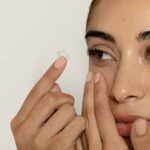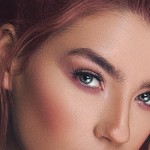Who Cannot Wear Contacts?

It is not uncommon for patients to face difficulty wearing contact lenses for many reasons. Due to unique eye shapes or impairments, you may not be an ideal candidate to use contact lenses. Many people excitedly make an appointment for contact lens trials only to find that they can’t wear them. Most eye doctors consider contact lenses to be safe. However, if you aren’t careful, they can harm your vision. You have to undergo a comprehensive trial to find whether you are suitable to wear a contact lens. Underlying eye conditions can make it illegible to wear lenses. So who cannot wear contact lenses? Let’s find out.
Who Cannot Wear Contacts Lenses?
Whether you are eligible to wear contacts depends on the decision of your optometrist. Your optometrist will make the final decision. Here are some underlying issues where you cannot use your contact lenses.
Dry Eye Syndrome:
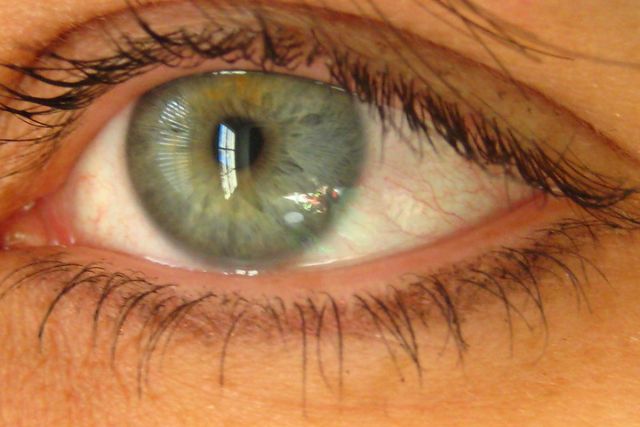
Dry eye syndrome is one of the most common conditions which can get in the way of successful contact lens wear. To feel comfortable in contact lenses, you need to have enough lubrication in your eye.
Human tears contain oil, water, natural antibiotics, vitamins, and minerals. Every time you blink, you renew your tears. Tears can assist keep lenses moist and lubricated. If your eyes don’t have enough lubrication, the lenses can become dry. Your vision may fluctuate and will aggravate the condition of dryness in the eyes.
Steps to Address This Problem:
Severe dryness in the eyes can affect your ability to wear lenses. Usually, your optometrist will recommend you not wear contact lenses.
Furthermore, if you wear contacts with dry eyes can cause corneal scarring. To address this problem, your ophthalmologist will execute the following strategies.
- Recommending the use of a special water gradient and daily disposable contacts
- Fitting a specialized and customized scleral contact lens
- Your optometrist may ask you to use lubricating eye drops
- Insertion of plugs into the tear drainage canal
Severe Eye Allergies:
If you are suffering from eye allergies, wearing contacts lenses can be an issue. And if you wear contacts in the presence of allergies, there may be severe repercussions. Pollens, cigarette smoke, and mould can flare up allergies in your eyes.
When exposed to these allergens, the eye cells release histamines to protect the cornea. It is this chemical reaction that inflames the blood vessels.
Here are some of the common types of allergies you should know.
- Seasonal or perennial conjunctivitis
- Atopic keratoconjunctivitis
- Vernal keratoconjunctivitis
Allergic conjunctivitis and perennial allergic conjunctivitis are pretty common. If you tend to suffer from these eye allergies often, you’re not ideal for wearing contact lenses.
How to Address This Issue?
Your suitability to wear lenses depends heavily on the severity of the allergy. In most cases, optometrists will administer antihistamines. Antihistamines can successfully cure allergies. But they can dry out the mucus membranes.
In other words, you will be suffering from dry eyes, which can make wearing contact lenses tough. So, that’s why most optometrists will suggest you use antihistamines and eye lubricant drops in tandem.
Special and Unique Cases:
Optometrists have many factors to select from to fit contacts for patients with varied types of eye conditions. People who are suffering from astigmatism can’t wear soft contact lenses because a soft contact lens can’t provide that level of clear vision. If you have high myopia or other lingering eye conditions, you may need customized lenses. Listen to the inputs given by your eye care specialist. Moreover, if you have astigmatism, the optometrist may recommend special lenses.
See available contact lenses:
Addressing this Issue
- The eye specialist will suggest you wear custom-designed lenses
- You can use rigid gas permeable lenses
Contact lenses are typically safe for correcting refractive errors. But you should always consult an optometrist to identify your eligibility to wear lenses.
Summary:
Make your choice carefully after knowing who can and who cannot wear contact lenses. Also, read on and know when is it right to use contact lenses and why.
Related posts:
- 5 Timeless Advantages Of Wearing Contact Lenses
- What To Keep In Mind When Choosing The Right Contact Lenses?
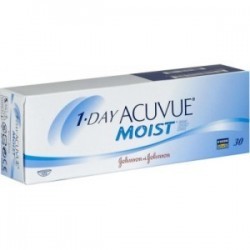
1-DAY ACUVUE MOIST FOR ASTIGMATISM
People who want to replace their contacts daily can opt for 1-Day Acuvue Moist for Astigmatism for their disposable wear. Hig...
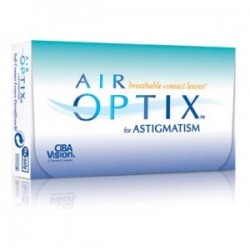
AIR OPTIX FOR ASTIGMATISM (6)
Air Optix for Astigmatis are contact lenses provide the wearer to have a stable vision. This will enable you to see clearly...
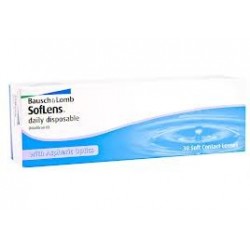
Soflens Daily Disposable Contact lenses (30)
The Softlens Daily Disposable Contact Lenses from Bausch & Lomb is disposable and designed for night time use. It delivers ...
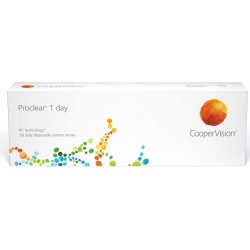
Proclear 1 Day Contacts
Proclear 1 Day Contacts, made by Cooper Vision keeps you from getting that gritty, sandy feeling in your eye. The PC technolo...


